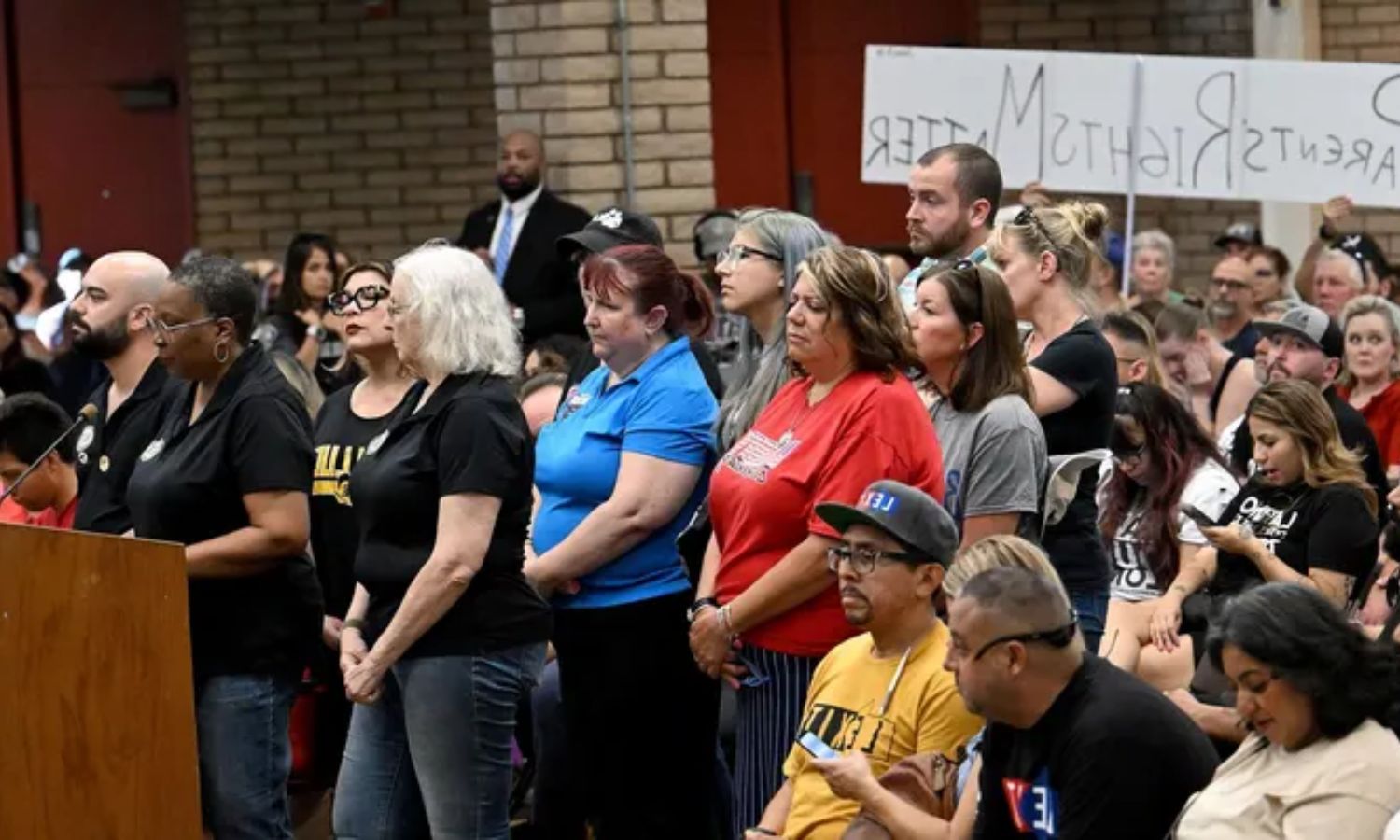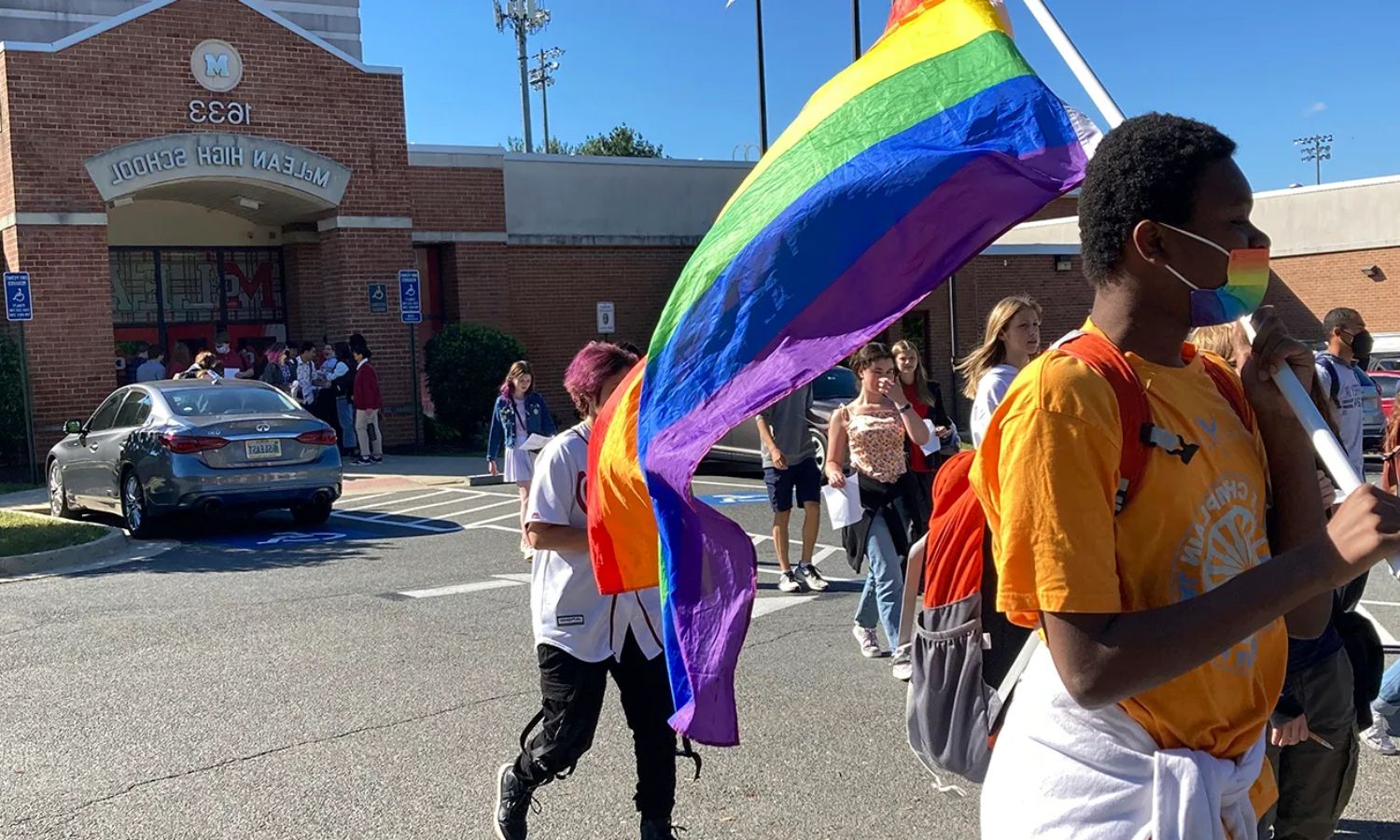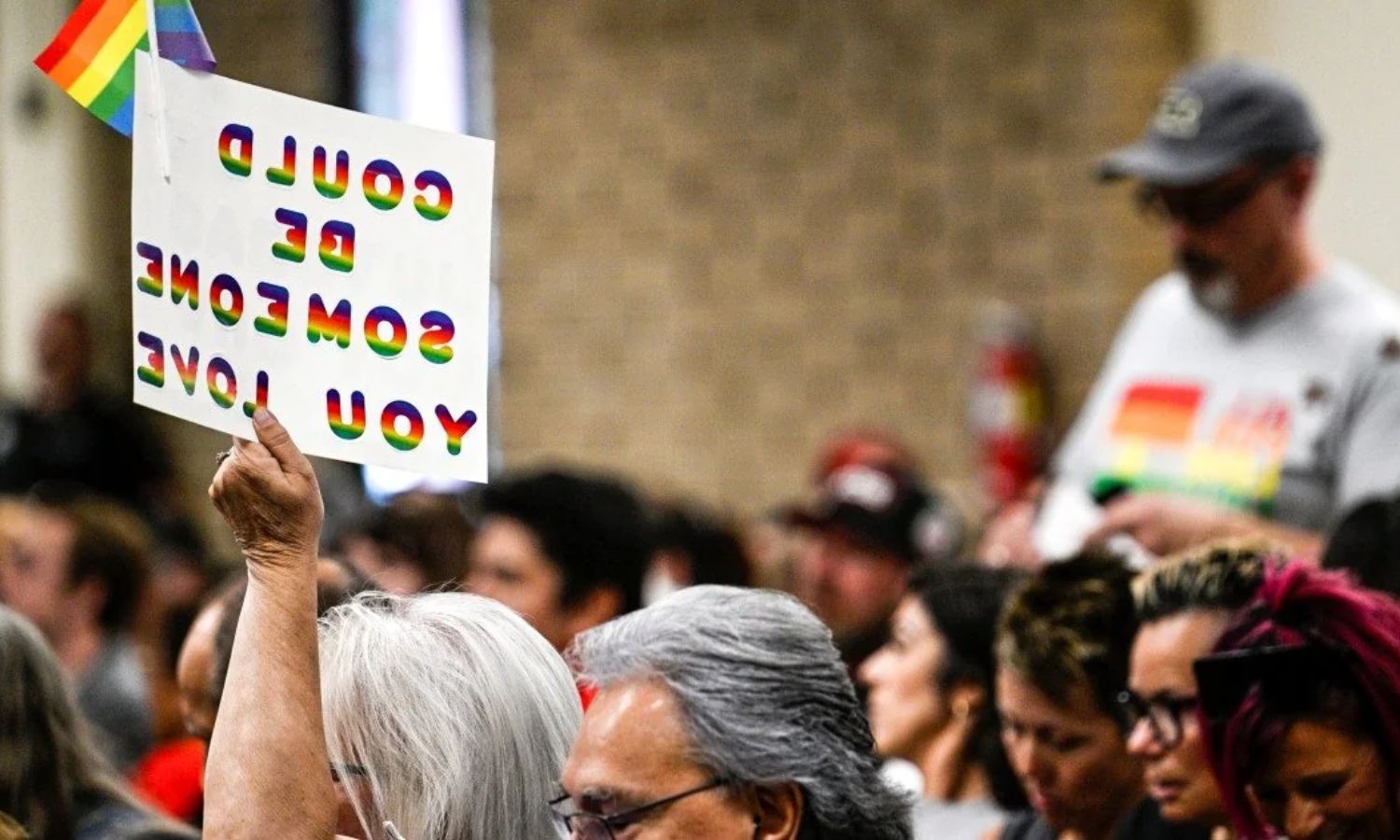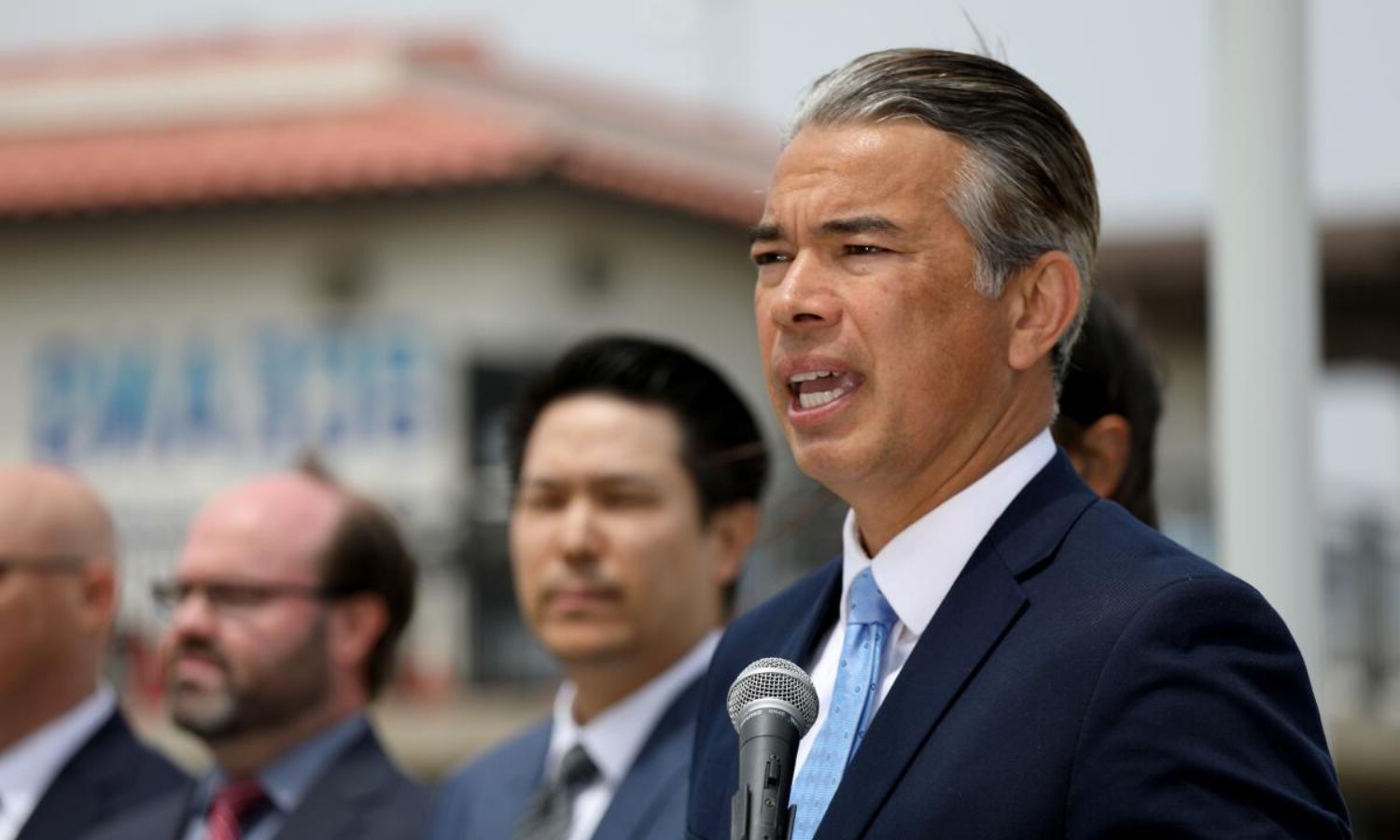California AG Cautions School Districts: The California Attorney General has issued a cautionary statement to school districts regarding their compulsory outing policy.
This policy, which requires schools to disclose a student’s sexual orientation or gender identity to their parents, has sparked controversy and legal challenges.
In response to a recent court decision and ongoing advocacy for LGBTQ students, the Attorney General’s warning highlights the need for school districts to carefully consider the balance between parental rights and the well-being of their students.
Key Takeaways Of California AG Cautions School Districts
- The court decision ruled the school district’s compulsory outing policy unconstitutional as applied to the minor RI.
- The court emphasized the importance of balancing individual rights with the community’s interests.
- President Sonja Shaw’s support for the transgender reporting policy has sparked both praise and criticism.
- Attorney General Bonta filed a lawsuit against Shaw, alleging violation of state and federal laws.


Court Decision for Minor RI: Balancing the Scales of Justice
The court decision for the minor RI provided a crucial opportunity to balance the scales of justice.
In this case, the court had to weigh the rights of the minor against the school district’s compulsory outing policy.
The court’s decision was based on a careful examination of the facts and the applicable legal principles.
It considered the minor’s right to privacy and the potential harm that could result from being forced to reveal their sexual orientation without their consent.
The court also recognized the school district’s interest in maintaining a safe and inclusive environment for all students.
Ultimately, the court struck a balance by ruling that the school district’s policy was unconstitutional as applied to the minor RI.
This decision highlights the importance of upholding individual rights while also considering the broader interests of the community.
Chino Valley School Board Controversy:
Amidst the court decision for the minor RI, the Chino Valley School Board controversy has emerged as a contentious issue requiring careful examination and consideration.
The controversy revolves around President Sonja Shaw’s support for a transgender reporting policy, which has sparked a lawsuit filed against her by Attorney General Bonta. This controversy has garnered attention due to its potential impact on the rights and privacy of students.
Here are some key aspects of the Chino Valley School Board controversy:
- The role of President Sonja Shaw: Shaw’s support for the transgender reporting policy has been met with both praise and criticism, with supporters arguing for increased inclusivity and opponents expressing concerns about privacy and parental rights.
- Lawsuit filed by Attorney General Bonta: Bonta’s lawsuit alleges that Shaw’s support for the policy violates state and federal laws, including Title IX. The lawsuit seeks to halt the implementation of the policy.
- Privacy concerns: Opponents of the policy argue that it could infringe upon the privacy of students by requiring the disclosure of sensitive information without parental consent.
- Impact on students: The controversy has raised questions about how the policy would affect students, particularly transgender students who may face increased scrutiny and potential discrimination as a result.
- Legal implications: The outcome of the lawsuit will have significant legal implications, potentially setting a precedent for other school districts and their policies regarding transgender students.


Also Read: California Contemplates Trying 17 Year Old Adult in Family Murder Case
Response to the Legal Alert:
In light of the recent legal alert, school districts are being urged to carefully consider their response to the compulsory outing policy by the California Attorney General.
The legal alert issued by the Attorney General’s office highlights potential legal concerns with the policy, including the violation of students’ privacy rights and the infringement on parental rights.
School districts must now assess the validity of the compulsory outing policy in light of these legal concerns and determine the appropriate course of action. This response requires a thorough examination of the policy’s impact on students’ privacy rights and the extent to which it aligns with parental roles and responsibilities.
Additionally, school districts must consider alternative approaches to promoting inclusivity and acceptance, while still respecting the rights of students and parents.
The response to the legal alert should be informed, thoughtful, and considerate of all stakeholders involved.
Advocacy for LGBTQ Students:
How can schools effectively advocate for LGBTQ students in response to the legal concerns raised by the California Attorney General’s caution on the compulsory outing policy? To ensure a safe and inclusive environment for LGBTQ students, schools can take the following steps:
- Implement comprehensive anti-discrimination policies that explicitly protect LGBTQ students from harassment and discrimination.
- Provide LGBTQ-inclusive sex education, which covers topics such as sexual orientation, gender identity, and healthy relationships.
- Offer LGBTQ support groups or clubs where students can find a sense of community and receive guidance from trained professionals.
- Train faculty and staff on LGBTQ issues, including understanding gender identity and using appropriate pronouns.
- Foster a welcoming and inclusive school culture by celebrating LGBTQ history and achievements, and promoting awareness through events and campaigns.
Parental Rights and Ongoing Clash:
The ongoing clash surrounding the compulsory outing policy in California school districts reflects deep divisions on gender identity and parental involvement, prompting a contentious debate over parental rights.
On one side, proponents argue that parents have the right to be informed and involved in their children’s lives, including decisions about their gender identity and sexual orientation. They believe that schools should not have the authority to make these decisions without parental consent.
On the other side, advocates for LGBTQ students argue that compulsory outing policies are necessary to create safe and inclusive environments for students who may face discrimination and harassment at home. They argue that parental rights should not supersede the rights of students to be protected and supported in their gender identity and sexual orientation.
This clash highlights the complex intersection between parental rights, LGBTQ rights, and the role of schools in safeguarding students’ well-being.


Conclusion Of California AG Cautions School Districts
The California Department of Agriculture is cautioning school districts on their compulsory outing policy.
The recent court decision in the case of Minor RI has highlighted the need to balance the scales of justice when it comes to disclosing a student’s sexual orientation without their consent.
The Chino Valley School Board controversy has further emphasized the importance of respecting the rights of LGBTQ students.
Advocacy for LGBTQ students and parental rights continue to clash, raising ongoing concerns in the education system.
Our Reader’s Queries
Q1. What are the powers of the Attorney General of California?
Ans. The duties of the Attorney General encompass protecting Californians, ensuring community safety, conserving the state’s remarkable natural resources, upholding civil rights laws, and assisting victims of identity theft, mortgage-related fraud, illicit business practices, and other consumer crimes.
Q2. What is the gender law in California schools?
Ans. Education Code Section 221.5 explicitly forbids discrimination based on gender concerning class or course enrollment, career counseling, and the accessibility of physical education activities or sports to individuals of all genders.
Q3. What powers does a district attorney have in California?
Ans. Under Government Code Section 26500 et seq, the District Attorney holds the mandated duty to investigate, assess, and prosecute criminal infractions occurring within the county. Additionally, they are required to offer legal support for criminal investigations conducted by law enforcement agencies operating within the county.
Q4. What is the education Code 220 in California?
Ans. Ed Code 220 specifies that individuals shall not face discrimination based on disability, gender, gender identity, gender expression, nationality, race or ethnicity, religion, sexual orientation, or any other characteristic outlined in the definition of hate crimes as per Section 422.55.

